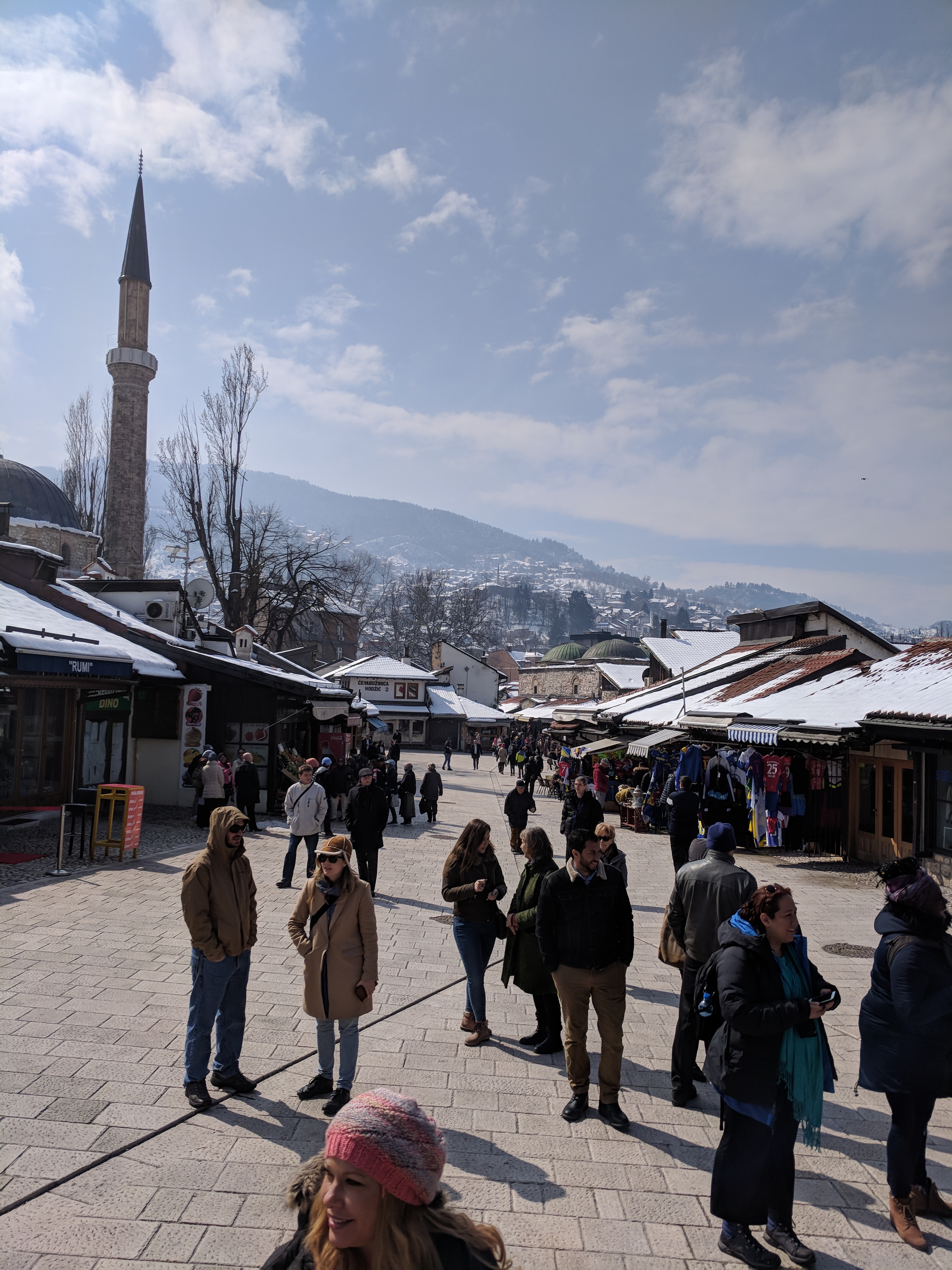Balkans Practicum
I have studied and research the history of the Balkan’s conflicts, but the opportunity to visit its setting revealed some of the complexity that is invariably lost when events are frozen in a timeline. The societies we were visiting were as full of liveliness and cultural expression as they were shadowed with pain. In engaging with survivors of violence, activists, and other peace practitioners, I found it extremely valuable to regularly reassess my role in contributing to peace, within this context and in general. I discovered that it is imperative that we engage in our role with the utmost honesty. Our purpose is to interrupt cycles of conflict, but too often, in our efforts to understand, we invade stories and memories. I believe we must avoid the pattern of conquering knowledge in pursuit of solutions, because very often the humans we aim to serve get sidelined (or even trampled) in the process. This means we need to practice constant self-reflection and stringently situating ourselves in a bigger picture. Keeping this in mind afforded me a broader perspective than before, which allowed me think more critically and creatively, all the while coming from a place of respect and compassion for the stories and storytellers we were encountering.

Click here to check out Banicia’s project, “Balkan Stories, Street Art and the Human Condition.”




You must be logged in to post a comment.